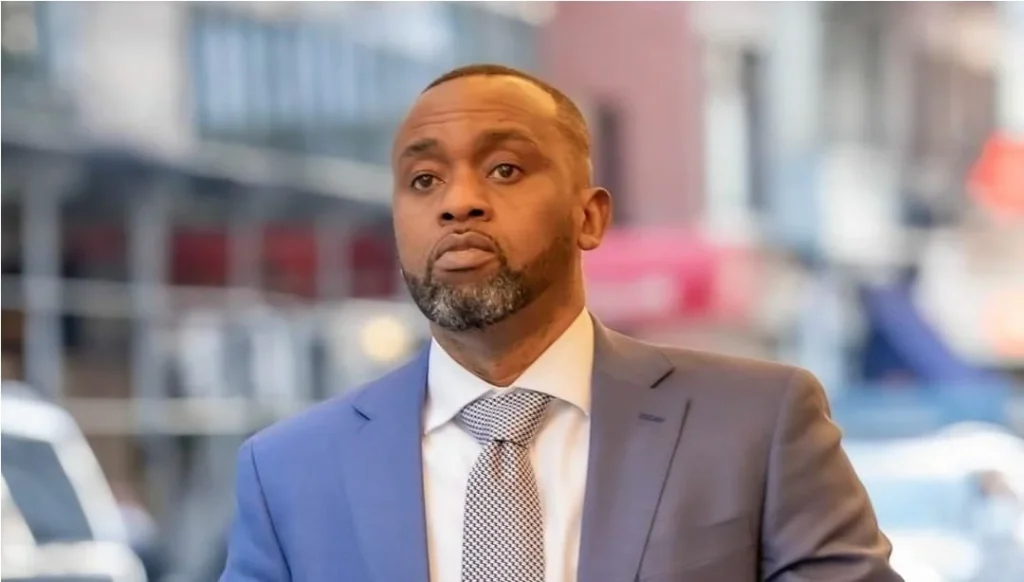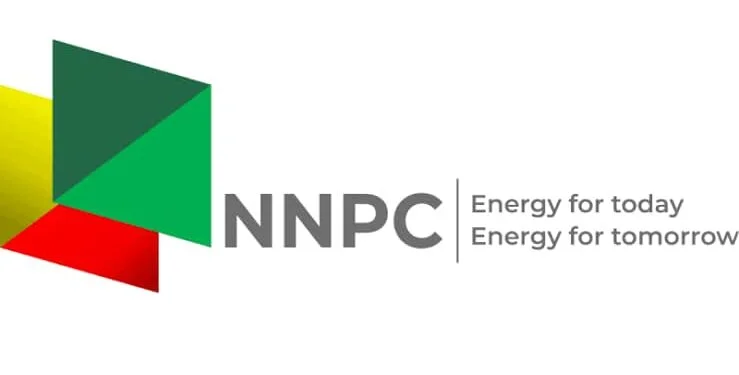Nigerian Government Takes Action to Address Humanitarian Needs
The Federal Government of Nigeria has approved a N4 billion allocation for conditional cash transfers to assist vulnerable households across the country. This significant intervention was announced by the Minister of Humanitarian Affairs and Poverty Reduction, Prof. Nentawe Yilwada, during the launch of the 2025 Nigeria Humanitarian Needs and Response Plan (HNRP) at the United Nations House in Abuja.
This move is part of the government’s strategy to mitigate the escalating humanitarian crisis in Nigeria, particularly targeting displaced households and the most vulnerable members of society. The initiative aims to provide direct financial support to 10 million households, beginning in February and running through April.
Cash Transfers to Support Displaced Families
The cash transfer program is designed to alleviate the immediate needs of families affected by displacement, particularly in the Northeast. These families, often victims of natural disasters, conflicts, or other crises, will benefit from financial aid to help them rebuild their lives.
“The President has approved the Ministry’s plan to begin paying conditional cash transfers to 10 million displaced households between February and April. This initiative aims to support those most in need, particularly vulnerable families affected by displacement,” stated Prof. Yilwada.
In addition to the cash transfers, the government has approved another N4 billion to address the needs of families facing crises, such as natural disasters and other emergencies.
Interest-Free Loans for Farmers
To complement the cash transfer initiative, the Federal Government has also allocated N2 billion in interest-free loans to rural farmers. This program is designed to boost food production and promote self-sufficiency in rural communities.
The loans, ranging from N300,000 to N400,000 per household, will enable farmers to access critical resources for agricultural productivity and connect them to market opportunities. Prof. Yilwada explained that these efforts aim to strengthen food security while empowering rural communities.
Prioritizing Women and Vulnerable Groups
A significant emphasis of the intervention is placed on supporting women, especially widows, pregnant women, and those with disabilities. Female-headed households often face heightened challenges, including food insecurity, child marriage, and gender-based violence.
“Female-headed households experience higher rates of hunger than male-headed ones, and this is where we will focus much of our efforts. Ensuring access to food, water, healthcare, and safety for these women is one of our top priorities,” Prof. Yilwada highlighted.
The minister also noted that the experiences of displaced women, particularly those who are pregnant or living with disabilities, require targeted support to address their unique vulnerabilities.
Humanitarian Needs and Response Plan for 2025
The HNRP is a comprehensive strategy developed through extensive consultations to tackle Nigeria’s growing humanitarian challenges. It focuses on addressing the needs of internally displaced persons, returnees, and communities affected by conflicts in Borno, Adamawa, Yobe, and other regions.
“We are combining the efforts of humanitarian, developmental, and peacebuilding platforms to ensure long-term resilience and sustainable solutions for these communities,” the minister said.
The plan highlights the importance of creating sustainable solutions that integrate humanitarian relief with development initiatives.
Humanitarian Challenges in the Northeast
According to Mr. Trond Jensen, Head of the UN Office for the Coordination of Humanitarian Affairs, 7.8 million people across Borno, Adamawa, and Yobe states will require humanitarian assistance in 2025.
These individuals include women, men, and children facing challenges such as food insecurity, inadequate healthcare, and lack of basic amenities. The government’s interventions are expected to alleviate the suffering of these populations and provide pathways toward recovery.
A Step Toward Resilience
The Federal Government’s commitment to addressing the humanitarian crisis in Nigeria is evident in the approved interventions, which focus on cash transfers, interest-free loans, and targeted support for vulnerable groups. By prioritizing women and displaced households, the government aims to build resilience and improve the livelihoods of those in dire need.
Through collaborative efforts with international agencies and stakeholders, the 2025 Humanitarian Needs and Response Plan is poised to provide sustainable solutions and hope to millions of Nigerians.













